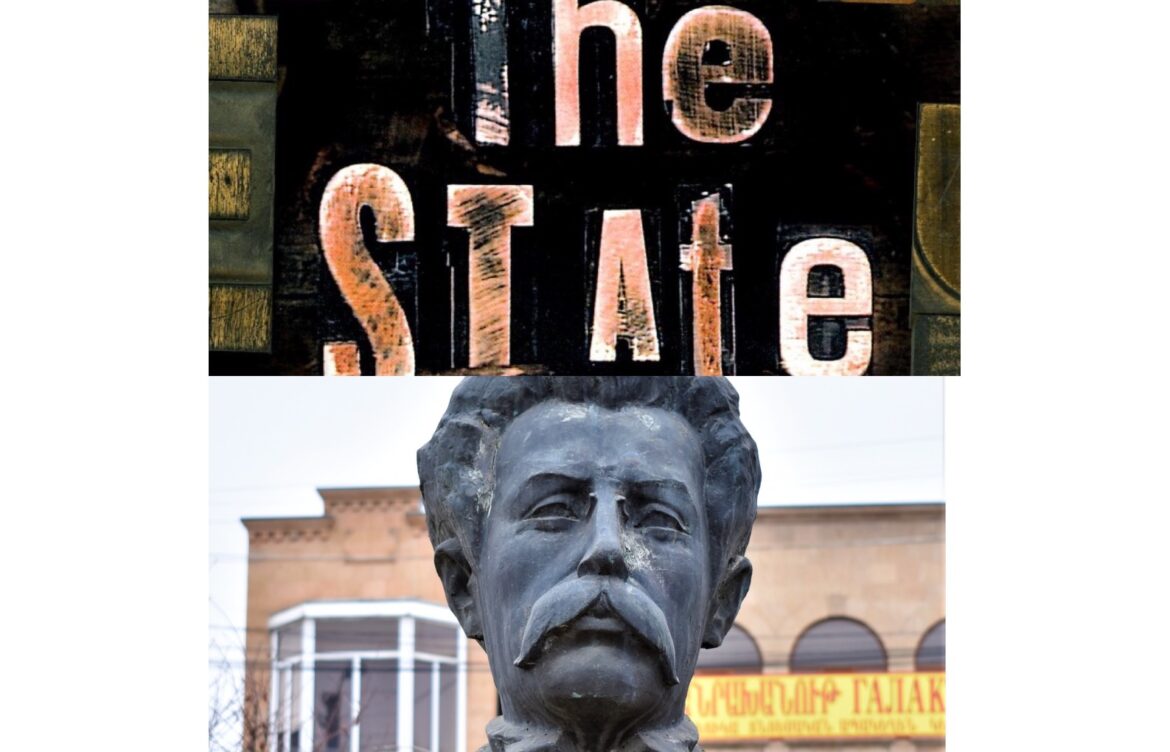Part 6
Reality also consists of learning the lessons of history to avoid repeating the mistakes of the past.
Gaidz Minassian
Since Armenians’ 2020 defeat in Artsakh (Nagorno-Karabakh), an existential crisis has erupted within the public discourse. The shockwave produced by this trying time has compelled Armenians to ask hard questions and face these issues.
With the backdrop of the war in Ukraine, Azerbaijan’s aggression against Armenia raises many questions that can be organized into seven points: impunity, neutrality, legality, security, unity, reality, and sovereignty.
Reality
Armenians confuse reality with realism. Reality is facing the balance of power and it is the sense of responsibility to take on one’s destiny. Do the Armenians want to take care of themselves to avoid the constraints of the present time and those to come? It’s up to them to answer. Realism is a school of thinking in international relations, according to which peace is temporary because it always comes between two wars; and that to avoid chaos, one must enjoy the right of force. Only states count in the international game––civil societies have no value. Since 1991, the various regimes in place in Armenia have bet on this classic school of international relations, in the name of a State above all. The State was not the priority, however, it was safeguarding a regime and defending the privileges of those who belong to it.
Reality consists in taking the past into account without being its prisoner. If the state existed in Armenia, there would be no need to deal with this question of the past. Let’s take an example: why has no organization thought of repatriating to Armenia the bodies of former heads of government, ministers and leaders of the First Republic of Armenia (1918-1920), buried in the Middle East, Europe and America? This would strengthen the national foundations of the state, it would give Armenians other examples of references than those of the puppets of the communist period. Sovereignty begins with showing respect to those who fought for it. There is no value in having the bodies of Vratsian, Khadissian, Ohandjanian, Varandian, Ter Minassian, Goms, Shant, Kulkhatanian, Aharonian, Tarpinian being abroad. They must return to sovereign Armenia, because if the Bolsheviks and the Kemalists had not collaborated against the Armenian Republic of 1918, they would probably have remained in their homeland.
Reality also consists of learning the lessons of history to avoid repeating the mistakes of the past. You have to reread Vratsian and Khadissian, Manoukian and Tarpinian, Sebouh and Varandian so as not to take the wrong path. This means adapting the objective to the means, changing the objectives if they are unattainable, setting up an anticipation strategy to reduce threats, make decisions, reject destructive thinking, hubris, excesses and murderous ideologies. Reality consists in prioritizing social and civic integration and renouncing ideological indoctrination of social or national liberation, which is impossible to reach. The meaning of the State is simply to work to integrate individuals into the State while maintaining their autonomy. But above all, reality is to separate the Church from the State. As long as the link between religion and politics is not broken, there will be no efficient state, because Armenian identity partly based on religion, faith, excess and the kingdom of infinity, is at odds with the notion of the state. This does not mean plunging into anticlericalism but rather making faith a strictly personal and private matter. In the habitus of each of us, the civic character of the individual must take precedence over the religious one. Not the other way around.

